Ghee is 100% butterfat… golden, flavorful, nutrient-rich butterfat. Ghee traces its roots to the ancient tradition of Ayurveda, where it was considered a sacred, medicinal, cleansing, and nourishing food.
Modern science now verifies what Ayurvedic health science has said for thousands of years: Ghee has a host of health and cooking benefits and is good for the mind and spirit.
For Indians, ghee is a way of life rather than just a food item. Ghee has dominated most Indian kitchens for centuries. Use of ghee in food items is viewed as a symbol of quality and richness
Cow Ghee, known as the ancient miracle of India for its deliciously sweet flavour & potent healing qualities, is made from butter of which the milk solids and impurities have been removed. Cow ghee does not contain harmful trans fats or hydrogenated oils which can cause heart disease and other serious health problems. Many people who are lactose or casein intolerant can enjoy ghee for its buttery flavour and amazing health benefits without allergic reactions.
The ingestion of ghee is like offering the finest of fuels into the fires of digestion. Ghee actually enkindles the digestive fire (Agni) and makes it burn brighter. This may be tested on an actual fire: light a fire, and if you pour a little oil onto it, it will dwindle. However, if you pour a little ghee onto the fire instead, it will enkindle and burn brighter. Similarly, this effect occurs inside the body
Ghee is miraculous for digestion and immunity. It is a rich source of a butyric acid, which is beneficial for energy and intestinal wall support. Ghee improves memory and flexibility of the body. According to Ayurveda, ghee is considered one of the most sattvic foods, which promote balance, peacefulness, spiritual growth & expansion of consciousness.
One tablespoon (15 gm) of ghee has approximately 135 calories, all of which come from fat. That small amount of ghee has 15 gm of total fat and 9 gm of saturated fat. A tablespoon of ghee also has 45 mg of cholesterol, or 15% of the daily value. Ghee is free of sodium, carbohydrates, fiber, sugar & protein.
Ghee has a higher smoking point (200-250 degrees Celsius) than butter (150-200 degrees Celsius). This is an advantage when cooking since smoke point is that moment when fats degenerate into harmful compounds which can be toxic for our health.
Benefits of Cow Ghee
- Rich source of B VITAMINS: Ghee is rich in the healthy fat-soluble vitamins A, D, E & K, it is also rich in antioxidants. It increases the body resistance for various infections & diseases by boosting the immune system.
- Good for diabetes: In India, spreading ghee over chapatis and parathas is a standard practice. It is said that applying cow ghee on chapattis could bring down the glycemic index of the chapatti by some amount, in addition to making it more moist and digestible.

- Good for immunity: Ghee is a good source of energy. It contains medium and short-chain fatty acids, they are directly absorbed in liver “of which, lauric acid is a potent antimicrobial and antifungal substance.”
- Good for skin and hair: Ghee healthful nature also applies externally. Ghee is great for the skin because of its fatty acids, which help induce hydration to cells. Ghee is used on dry or rough hair and skin to help moisturize and deeply condition.
- Good for cholesterol: Ghee lowers the bad blood cholesterol level and enhances the good blood cholesterol level.
- Good for Lactose intolerant and Casein intolerant: Ghee is made from butter but the milk solids and impurities have been removed, so most people who are lactose or casein intolerant have no issue with ghee.
- Weight loss: Ghee is packed with essential amino acids that assist in mobilizing the fat and making the fat cells to shrink in size. The butyric acid and medium chain triglycerides in ghee help in mobilizing stubborn body fat and getting rid of it. Ghee can also help in increasing good HDL cholesterol,” Ghee contains conjugated linoleic acid, which is a type of omega-6 fatty acids, which when consumed aids in weight loss. Omega-6 fatty acids can also help increase lean body mass & reduce fat mass, which in turn aids weight loss.
- Healthy Digestive Tract: Research shows that people with unhealthy digestive tracts do not produce butyric acid and ghee is a good source of butyric acid.
- Ghee is rich in K2 and CLA: An antioxidant with anti-viral properties if it is sourced from grass fed cows.
- Strong Appetite: Ghee stimulates the secretion of gastric acid, thus helping in the digestive process.
- Reduces Glycemic Index : Drizzling ghee over to soften the chapatis, moist the parathas and freshly steamed rice is a standard practice. It is quite common that spreading ghee over chapattis could decrease the glycemic index of the chapatti by some amount, moreover making it more moist and digestible.
- Decreases Bad Cholesterol : Bad cholesterol levels can be controlled if you intend to add the minimal amount of ghee to your routine diet. When you intake grass-fed ghee in appropriate quantities, it improves the HDL (good cholesterol) and also helps in decreasing the LDL (bad cholesterol) in the blood. Therefore, cholesterol in ghee is reviewed as healthy.
- Good for Keto-Friendly Diet : Ghee contains a bit more fat as compared to butter and produces generally more butyric acid and other fatty acids. Consisting of only a small proportion of carbs, ghee can be included in a keto-friendly diet. Ghee consists of a rich source of Vitamin A and E which are fat soluble vitamins.
- Substitute of Butter : Ghee contains no milk protein casein and the milk sugar lactose as compared to butter, which itself contains a slightest amount of both. Those who suffer from allergies and sensitivities to these dairy products, ghee refers to as a beneficial substitute.
- Alternative for Cooking : Studies have concluded that as compared to veggie oils, ghee is made including all the natural processes as compared with vegetable oil, making it a rather better alternative for everyday cooking and routine diet.
Daily consumption of 2 or 3 teaspoons of cow ghee along with rice & rotis improves the digestion process, improves absorption of nutrients from food, lubricates large intestines and prevents constipation.
Preferred Intake time
Taking 1 or 2 teaspoonfuls of ghee in a cup of hot milk at bedtime is an effective but gentle means of relieving constipation.
Read our blog- Benefits of desi cow ghee for weight loss, a teaspoon daily on empty stomach will help you lose weight

Buy Pure Desi Cow Ghee Online : Order Now. Free Shipping
Cooking with Cow Ghee
Ghee is the foundation of any Ayurvedic meal. It is easy to digest & nourishes all seven tissues of the body. It improves eyesight and memory, lubricates the joints, and improves flexibility. It is an effective medium for medicine.
In Ayurvedic cooking, cow ghee is selected specifically for its ability to carry the therapeutic qualities of the kitchen herbs deep into the tissues, increasing the medicinal value of any meal.
It is really important to cook cow ghee in the right frame of mind, as it has the ability to absorb energy on a subtle level. Cook it with love & positivity, and with the intention of nourishment and healing. Use cow ghee daily in your cooking, for health, longevity, and a happy soul.
Read our blog – Why The Pure Desi Cow Milk Ghee Is Costlier Than Normal Ghee?
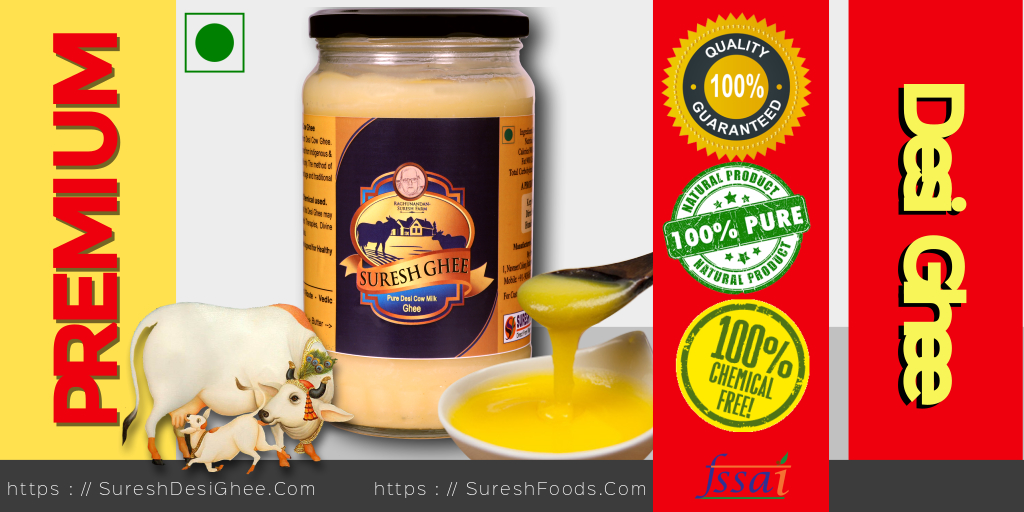
Buy Pure Desi Cow Ghee Online : Order Now. Free Shipping
Read our blog- HEALTH BENEFITS OF DESI COW GHEE THAT MAKE IT A MUST-HAVE IN YOUR KITCHEN

Cow ghee is used for enhancing a variety of meals
There are so many ways to use cow ghee with food, especially since cow ghee can be used as a replacement for butter or oils.
Here is just a small sampling of the ways you can be using cow ghee with your food:
- If rice is your staple, than add a dollop of cow ghee on warm rice and consume it. Even plain rice (with some salt) tastes yummy, when you add cow ghee to it.
- Another healthy option is to spread a spoonful of cow ghee on your rotis or parathas.
- Add desi ghee to your dairy-free elixirs.
- Spread it on your gluten-free bread, muffins, crackers or other baked goods.
- Use it as a healthy cooking oil for high-heat cooking like stir-frying, roasting or sauteing.
- Melt it over steamed vegetables.
- Add it to savory or sweet oatmeal/porridge.
- Boost flavour of gluten-free grains by cooking them with some cow ghee.
- Substitute cow ghee in any recipe where you’d normally use butter (baking, macaroni and cheese, popcorn, sandwiches, gluten-free toast, etc).

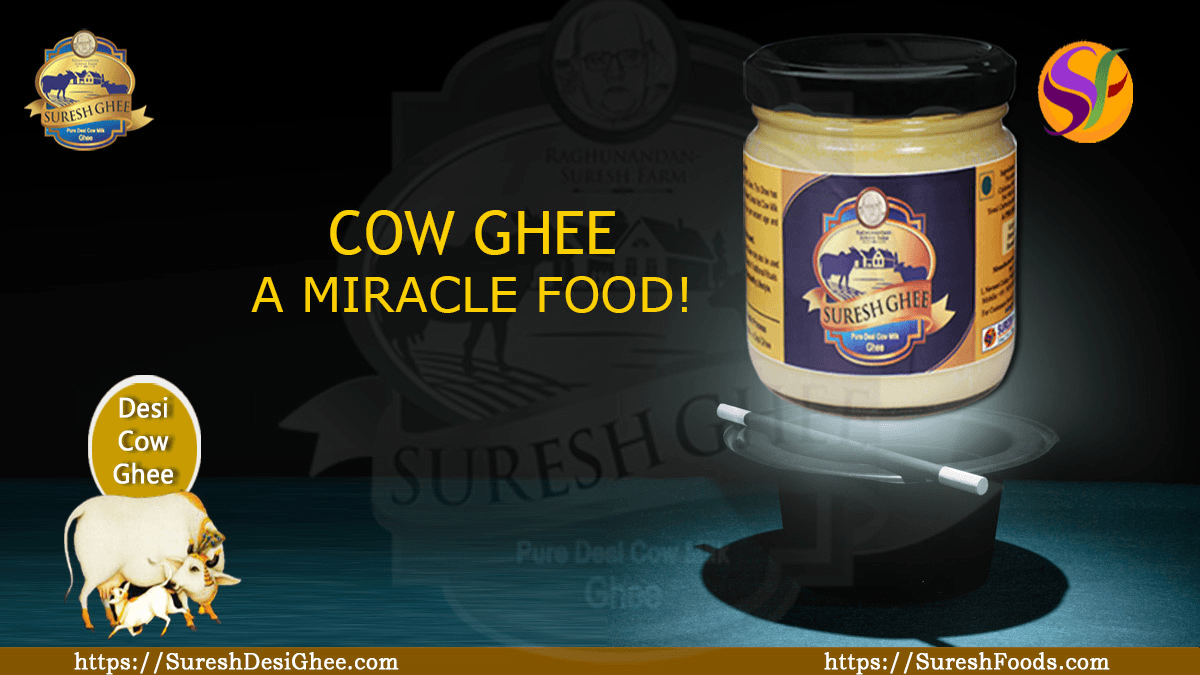
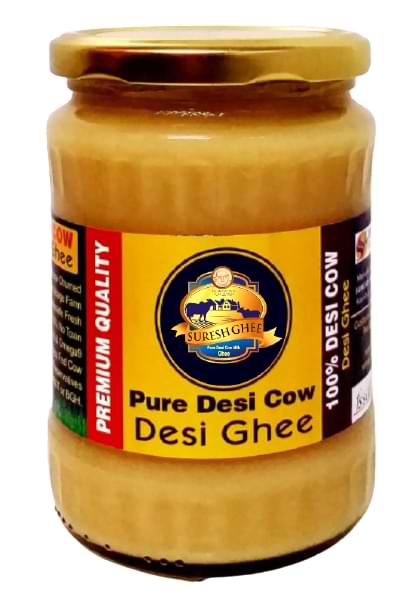
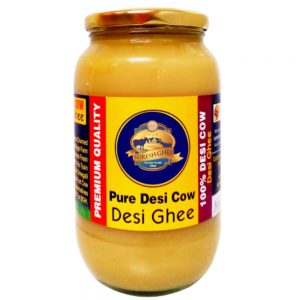
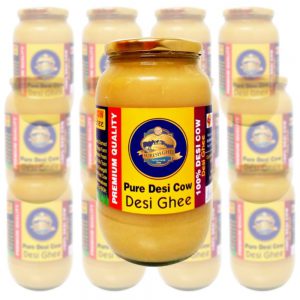
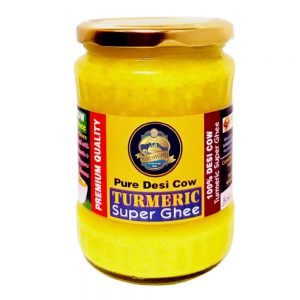
 WhatsApp us
WhatsApp us 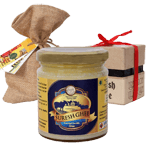
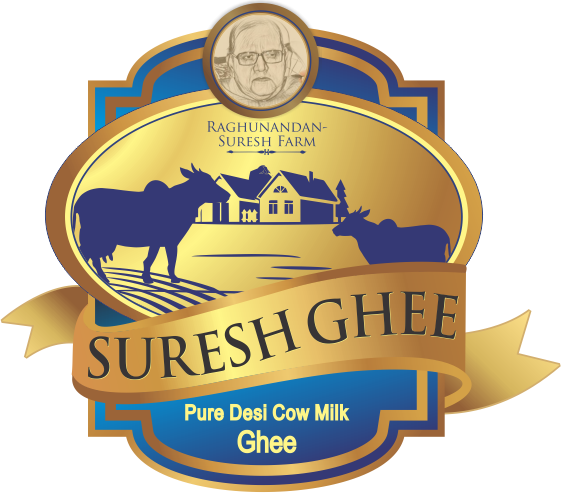
Naveen m...